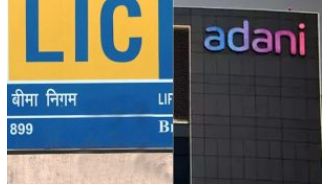Angel Liquidity
Lots of talk these days about new forms of angel/seed capital. But less talk about the most vexing issue facing the venture ecosystem over the past decade – that being the shrinking amount of liquidity on the way out.
If you look at how much money has been raised by venture firms, including the seed and super seed categories, versus how much money has been returned in the past ten years, the ratio is not good. At some point the investors who fund the venture capital asset class will not be able to keep funding it.
The asset class needs to focus on liquidity. M&A continues to be the one bright spot and although I have not seen the data, I suspect M&A activity around venture backed companies in the past ten years has not shrunk and may have actually increased (if you take out the bubble years of 98-2000).
But IPOs of venture backed companies have almost been nonexistent over the past ten years. And that had been an important source of liquidity in the venture capital ecosystem. There is some hope that the IPOs of Skype and Demand Media will spark a renewed interest in tech IPOs. I am very excited about Skype. But friends on wall street tell me that the Skype IPO has issues, like a very weak stock market, the huge overhang of the eBay position, and a continued skepticism around tech IPOs. We will see. I am hoping my friends on wall street are wrong.
I have written about the emerging third way which is secondary sales of founder, angel, and VC stakes to late stage VC firms, growth equity firms, private equity firms, and even hedge funds. This has been a bright spot of late and the trend continues to be positive.
Yesterday our portfolio company Etsy announced that it had concluded a largely secondary transaction with Index Ventures. The interesting thing about this transaction is that it was not founder liquidity driven. The founders did not sell in the transaction. It was not VC liquidity driven. Some of the existing VC firms actually bought in the transaction. It was angel liquidity driven.
Etsy did two angel rounds early in its existence. Our firm participated in the second round. But both rounds were largely composed of individuals, including a bar owner and a restaurant owner who provided the first outside capital. In the video below, founder/CEO Rob Kalin tells the story of installing a new handmade wood bar for the bar owner and in return securing his first outside capital for Etsy. The entire video is very good. If you have a few minutes, check it out.
But the main point of this post is we are seeing that angels can get liquidity via these secondary transactions. They don't need to wait for the sale of the company or possibly the IPO. That is a very good thing, for the angel/seed sector, and for the overall venture capital market.
I hope these secondary purchases work out well for the funds that are making them. Because if they do, we will see even more of them. And that may be a way out of the liqudity issues plaguing the venture capital business these days.







